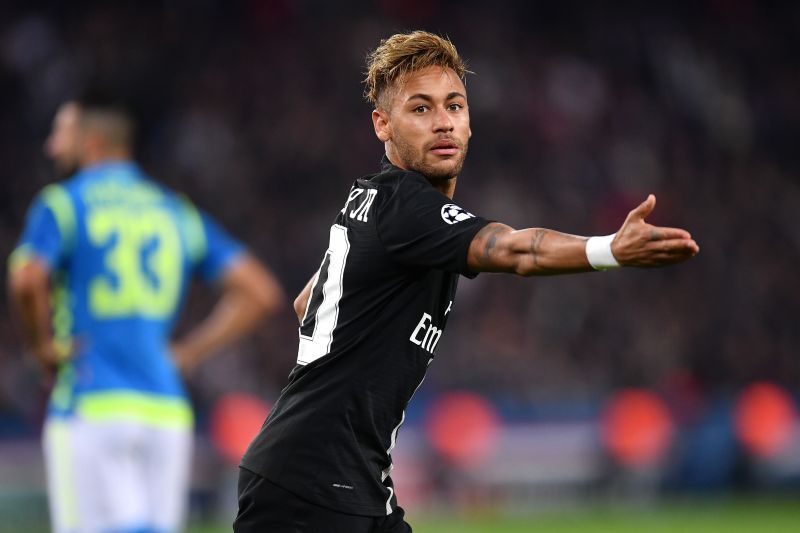
The eternal Champions League failure of Paris Saint-Germain
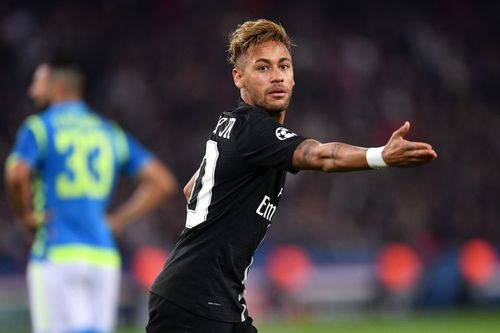
Erling Haaland has already proved himself to be a revelation since his arrival at Borussia Dortmund, but his record-breaking brace of goals against Paris Saint-Germain in the UEFA Champions League on Tuesday night said just as much about the opposition as it did about the potential of the teenage striker.
The French champions proposed to shake-up the football world with their bold ambitions in 2011 when Qatar Sports Investments (QSI) completed their takeover of the fallen Parisian giants.
The aim of delivering the Champions League trophy to the French capital formed the cornerstone of their blueprint for the club, and an aggressive recruitment drive backed-up their statement of intent.
Early arrivals
Zlatan Ibrahimović, Thiago Silva and Edinson Cavani headlined the early arrivals as QSI flexed their financial muscle on the European game. A natural comparison to Manchester City followed as the only other state-owned football club, but while City's initial cash injection resulted in impulse buys without a long-term plan, their direction changed as Txiki Begiristain and Ferran Soriano shaped a pathway for the inevitable arrival of Pep Guardiola.
But, over the course of the last decade, PSG have failed to turn their dream into reality, and their future remains directionless. The strategic approach to achieving success has been erratic in its implementation.
Domestic success has been achieved without any form of consistent or credible challenge, and rivals have been stripped of their key assets to ensure the club from the capital remain at the top of the French game.
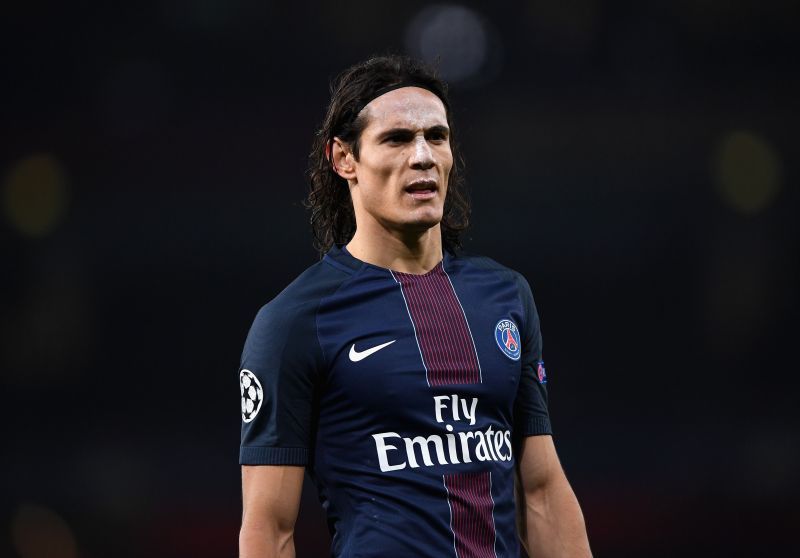
European glory
There is also an element of history repeating for PSG, as a similar situation occurred during the 1990's when investment from Canal+ saw the arrival of players such as George Weah, Youri Djorkaeff and David Ginola.
Domestic success followed, but there was also glory on the continent as the team lifted the UEFA Cup Winners' Cup in 1996 with a 1-0 victory over Rapid Vienna in Brussels. Frustratingly, it remains their only major European trophy to date.
The attempt to buy success has defined the modern game, and PSG are following a well-travelled path in their determination to become European champions. The development of the PSG brand around the world since the QSI takeover has shown a commercial acumen to rival that of any other club, but the methodology behind delivering success on the field is clearly far more complex than delivering off it.
Domestic success
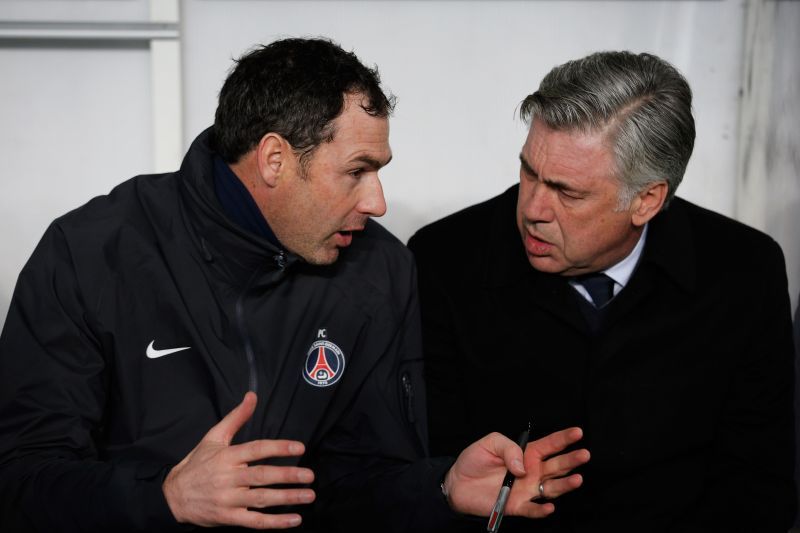
No one manager can guarantee success. Carlo Ancelotti is synonymous with what he has achieved with clubs in the Champions League, but even the Italian legend failed when it came to perching PSG at the top of the European tree.
His ability to deal effectively with the biggest names and egos in the world game made him a prime candidate to end the European trophy drought, but alternating between the domestic French game and then competing against the best on the continent was even beyond his capability.
Laurent Blanc took over in 2013 and claimed 11 domestic titles at the club over the next three seasons. His record was impressive, but it didn't reach the heights of ambition highlighted by QSI upon their takeover. European success is the only success upon which managers at PSG will be judged, and the continued failure to deliver increasingly tarnishes each domestic title triumph.
The defining night at the Camp Nou
But while Champions League success eludes them, the pain inflicted in 2017 has left psychological damage when it comes to Europe’s premier competition. The manner of the 6-5 aggregate defeat to Barcelona exasperated their lack of experience in competing against the best of the best.
It defined the character of the team and the club at that time, and confirmed the departure of Unai Emery a year later upon the realisation that he could no longer take responsibility for the future of this project.
Leading 4-0 from the 1st leg at the Parc des Princes, PSG arrived at the Camp Nou with a swagger of team expecting to progress at the expense of their illustrious opponents in their own back yard. Even a victory for Barcelona by any lesser margin would be considered hollow, as the real triumph would be to reach the semi-final stage, and Emery's team were just 90 minutes away from moving closer to the trophy they crave the most than ever before.
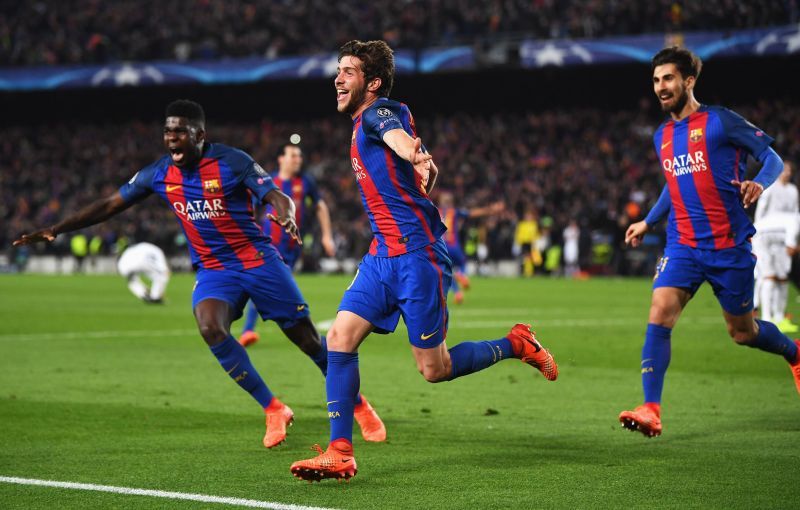
This was supposed to be the year for PSG, with the culmination of major investment finally reaping rewards. Barcelona had been embarrassed by the side from the French capital, but they are 'Més que un club', and this would never be felt more than on this particular March evening.
Barcelona scored three late goals to win 6-1 on the night, 6-5 on aggregate, and PSG's impending financial justification was left in pieces as Catalonia rose in unison to celebrate this incredible moment in the history of the competition.
The record-breaking signing of Neymar in the aftermath of the defeat was consistent with their flawed recruitment methods, and the baggage that accompanies the Brazilian star has proved to be as expensive as his transfer fee. Switching from Barcelona to PSG after scoring two late goals prior to Sergi Roberto's winner in the aforementioned match for a reported €222m, this was another step along the same muddied path.
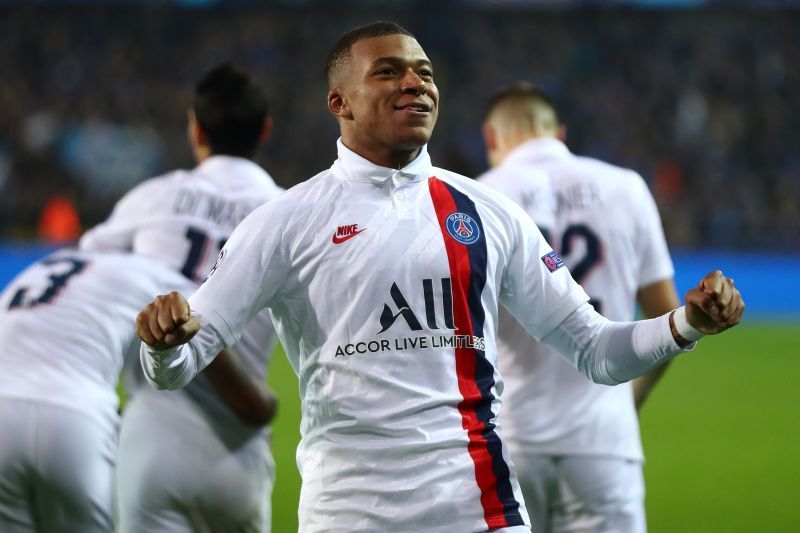
The arrival of Kylian Mbappé from Ligue 1 rivals Monaco that summer dismissed their rivals from the principality as domestic challengers, and the teenager star was still young enough to have his character shaped in the right way. Mbappé arrived that same summer on-loan, with his substantial transfer fee again being paid to secure a permanent move further down the line. The world champion is still just 21-years old.
Future direction
However, the spiralling unrest within the ranks that has dogged the club as their aggressive chase for glory has increased in recent seasons, and the frustration of failing to deliver on the Champions League stage is no longer sufficiently compensated for with domestic trinkets.
The players share the ambition of the owners, and equally consider PSG as the vehicle which can deliver them this success, but the defeat to Dortmund suggests they are still heading in the wrong direction.
Current manager Thomas Tuchel is clearly a talented young manager who has worked hard to get this opportunity. However, the displays of petulance within the squad recently raise alarming concerns over his influence on the squad. Few managers can successfully handle a changing room of world stars and big egos, as figures as respected as Zinedine Zidane at Real Madrid will testify.
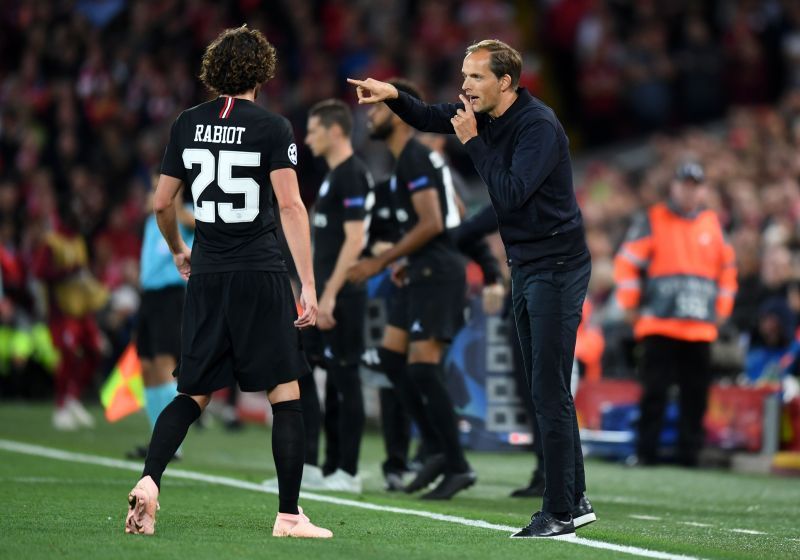
The Manchester City project echoes that of PSG in many ways. Champions League glory continues to elude the respective Qatari owners, and both teams appear to be heading into a period of transition. Guardiola must rebuild an ageing squad despite the effect of an impending and enforced European sabbatical, while PSG must accept their double investment in Neymar and Mbappé has failed to deliver.
It seems likely that PSG will make a managerial change in the near future, and the subsequent investment in the playing squad will mirror the status of Tuchel's successor. However, the standard of their domestic game will forever make it very difficult to turn their Champions League dream into reality, and it will take significant financial incentives to bring the very best players to Paris and spend the majority of the campaign competing in Ligue 1.
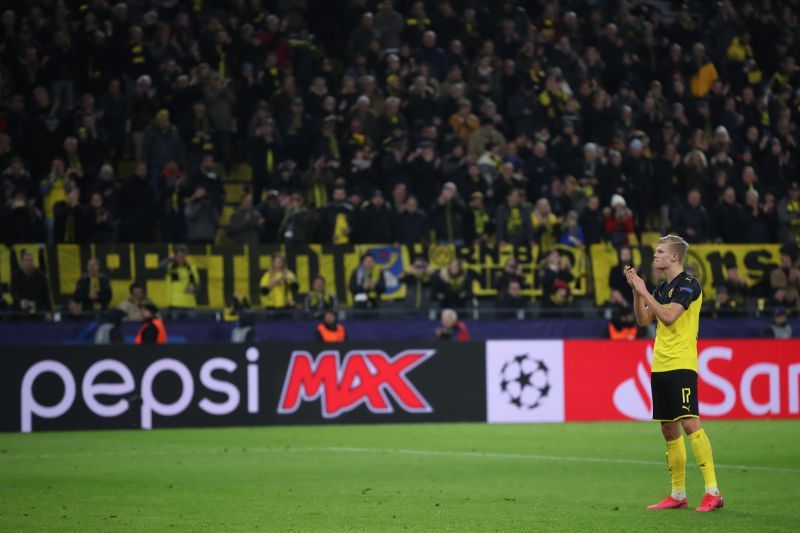
With 10 goals in just seven Champions League appearances already, Erling Haaland will look to add to his incredible tally in the competition when Borussia Dortmund head to the Parc des Princes next month.
His two goals have handed the German side the early advantage, and only the away goal from the 2-1 reverse offers PSG hope. Otherwise, another season of European failure will be registered against QSI, and a decade of disappointment will move increasingly closer.